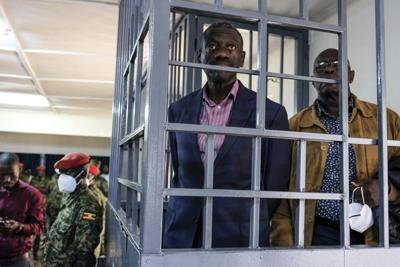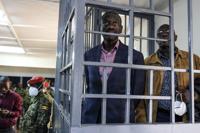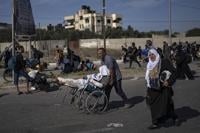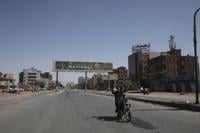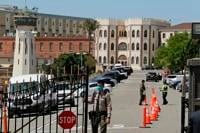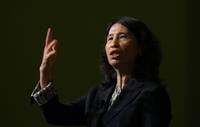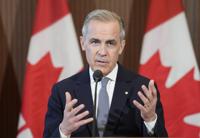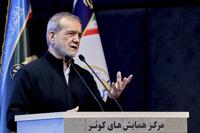KAMPALA, Uganda (AP) — A prominent opposition figure in Uganda will stand trial on the serious charge of treachery, a military court ruled Tuesday, escalating the legal trouble Kizza Besigye faces ahead of presidential elections scheduled for 2026.
Treachery carries the death penalty for those convicted.
Besigye, who has contested the presidency four times, went missing in the Kenyan capital, Nairobi, on Nov. 16. Days later, he and his co-accused, an assistant named Obeid Lutale, appeared before a military court in Kampala, the Ugandan capital.
Besigye was charged with illegal possession of a firearm and a charge relating to the alleged solicitation of military support overseas in order to destabilize national security. Besigye, who denied the charges, has since been remanded in custody.
A military prosecutor on Monday amended the charge sheet to include treachery and introduce a third suspect, who is a serving army officer, surprising defense attorneys who then challenged the move.
Besigye, 68, has faced arrest and assault many times in his political career. But he’s never been convicted of a crime.
Amnesty International has called for Besigye’s release, saying his “abduction clearly violated international human rights law and the process of extradition with its requisite fair trial protections.”
Besigye’s trial is “the latest example of Uganda’s authorities misusing military courts and military-related charges to clamp down on the opposition,” according to Human Rights Watch.
The unfolding trial of Besigye is being watched closely by Ugandans anxious over political maneuvers ahead of presidential elections. Although Yoweri Museveni, who has held power since 1986, is expected to seek re-election, some observers believe he may step aside.
Museveni has no obvious successor within the ranks of the ruling ��ɫtv Resistance Movement party, one reason for widespread fears over an unpredictable political transition.
Besigye, a qualified physician who retired from Uganda’s military at the rank of colonel, is a former president of the opposition Forum for Democratic Change, or FDC, party. With Besigye at its helm, the FDC was for many years Uganda’s most prominent opposition group. He is a fierce critic of Museveni, for whom he once served as military assistant and personal doctor before they fell out in the 1990s over what Besigye said was Museveni’s slide into authoritarianism.
Museveni has long been criticized by human rights groups over alleged violations against opposition figures.
Uganda has not witnessed a peaceful transfer of power since independence from British colonial rule in 1962.

